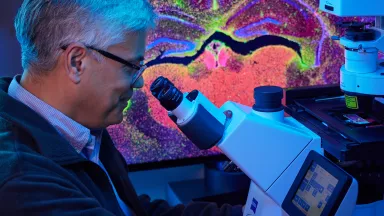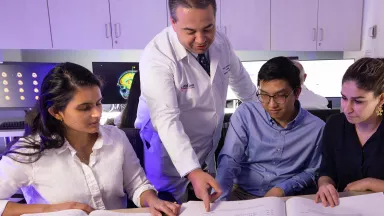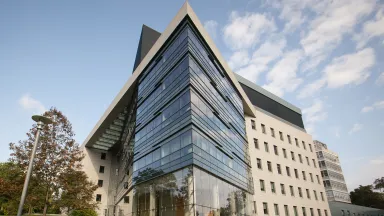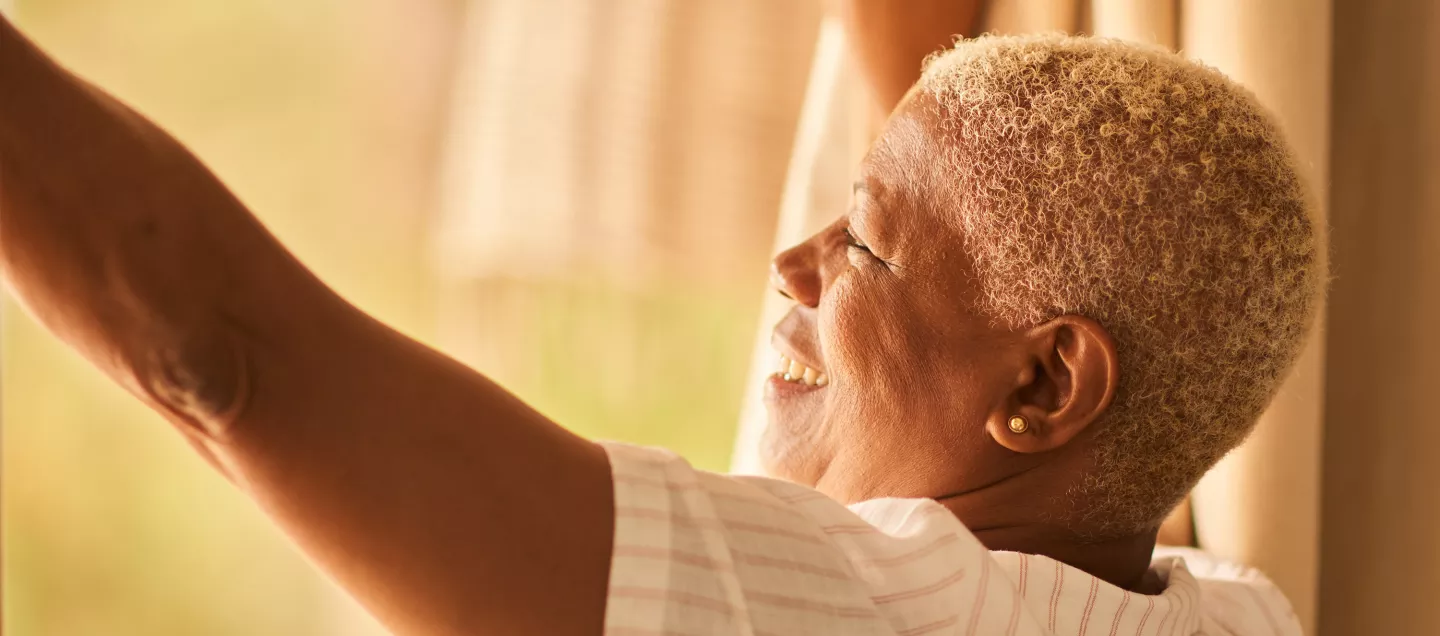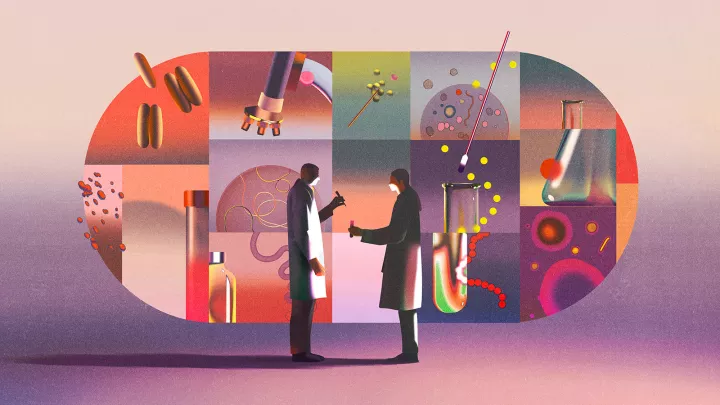Our Approach to Sleep-Wake Disorders

The Montefiore Einstein Division of Sleep Medicine and Chronobiology was the first accredited sleep disorder center of its kind and established the first time-isolation facility in the United States to investigate the chronobiological relationships between hormone function and sleep leading to numerous ground-breaking discoveries. It has since maintained its long-standing tradition of excellence in investigating and ameliorating complex sleep-wake disorders that have a neurological basis. Our center has been at the forefront of developing the diagnostic classification of sleep disorders for over 40 years, treating the full range of sleep-wake conditions. These include disorders that range from the most common to the most esoteric entities, including sleep-related breathing disorders such as snoring and obstructive sleep apnea, insomnia disorders, central disorders of hypersomnolence such as narcolepsy and idiopathic hypersomnia, daytime sleepiness and fatigue, circadian rhythm disorders such as shift work syndrome and irregular sleep-wake rhythm disorder, parasomnias such as sleepwalking and nightmares, sleep-related movement disorders such as restless leg syndrome, and numerous other sleep-related disorders.
The unique neurological focus of our center has made it an elite destination site for patients with these disorders, as well as those with latent sleep-wake conditions that frequently compromise healthspan and lifespan, including exacerbating the major disorders of aging including neurodegenerative disorders, cancer, diabetes and metabolic syndrome. Our center has remained a nationally and internationally recognized leader in the field of sleep medicine and managing sleep-wake disorders in adults and children. Our multidisciplinary team of leading experts provides state-of-the-art care — including the latest and most advanced diagnostic and therapeutic techniques as well as cellular, molecular and nano-technologies — to improve sleep health and quality of life. We are also ranked in the top one percent of all hospitals in the nation for neurology and neurosurgery according to U.S. News & World Report and we serve as a national and international referral site for the most complex sleep-wake disorder cases, especially for narcolepsy and idiopathic hypersomnia.
Our multidisciplinary team of world-renowned sleep medicine specialists includes adult and pediatric neurologists and clinical psychologists who are certified by the American Board of Sleep Medicine and collaborate across multiple disciplines —including cardiology, psychiatry, pediatrics, dentistry, pulmonology and otolaryngology—to provide our patients with the most advanced precision medicine-guided treatments.
Behavioral Sleep Medicine Program
The Behavioral Sleep Medicine Program is part of our Division of Sleep Medicine and Chronobiology and specializes in the diagnosis and treatment of sleep disturbances associated with insomnia, difficulty tolerating continuous positive airway pressure (CPAP) treatment for sleep apnea, recurrent nightmares, shift work syndrome and circadian rhythm disorders.
Our program provides non-drug, evidence-based interventions to treat patients who have difficulty falling asleep, staying asleep or sleeping within a preferred schedule. Exciting research over the past 20 years has shown that non-drug treatments for insomnia can improve sleep quality and quantity in people of all ages.
When indicated, we coordinate with referring treatment providers and other sleep medicine specialists from our division to provide our patients with the most comprehensive care possible.
Narcolepsy Program
Since its inception nearly 40 years ago, the Narcolepsy Institute has provided screening, information, referral, counseling, case management, crisis intervention and advocacy for affected individuals and their families.
Non-pharmacological approaches to narcolepsy management, including behavioral modification and nutritional counseling, are provided. Following an initial interview, an appropriate referral is made for medical diagnosis and treatment entitlements or employment as needed in individual cases.
Our counseling services provide individuals and their families with information about narcolepsy and help develop the skills necessary to cope with the social impact of this condition and improve quality of life. Support groups are conducted by qualified professionals.
In addition to the services provided at Montefiore Einstein, support groups are conducted by appointment in Manhattan, Brooklyn, Queens and Staten Island. The program also conducts outreach to increase awareness among professionals and consumers about narcolepsy.
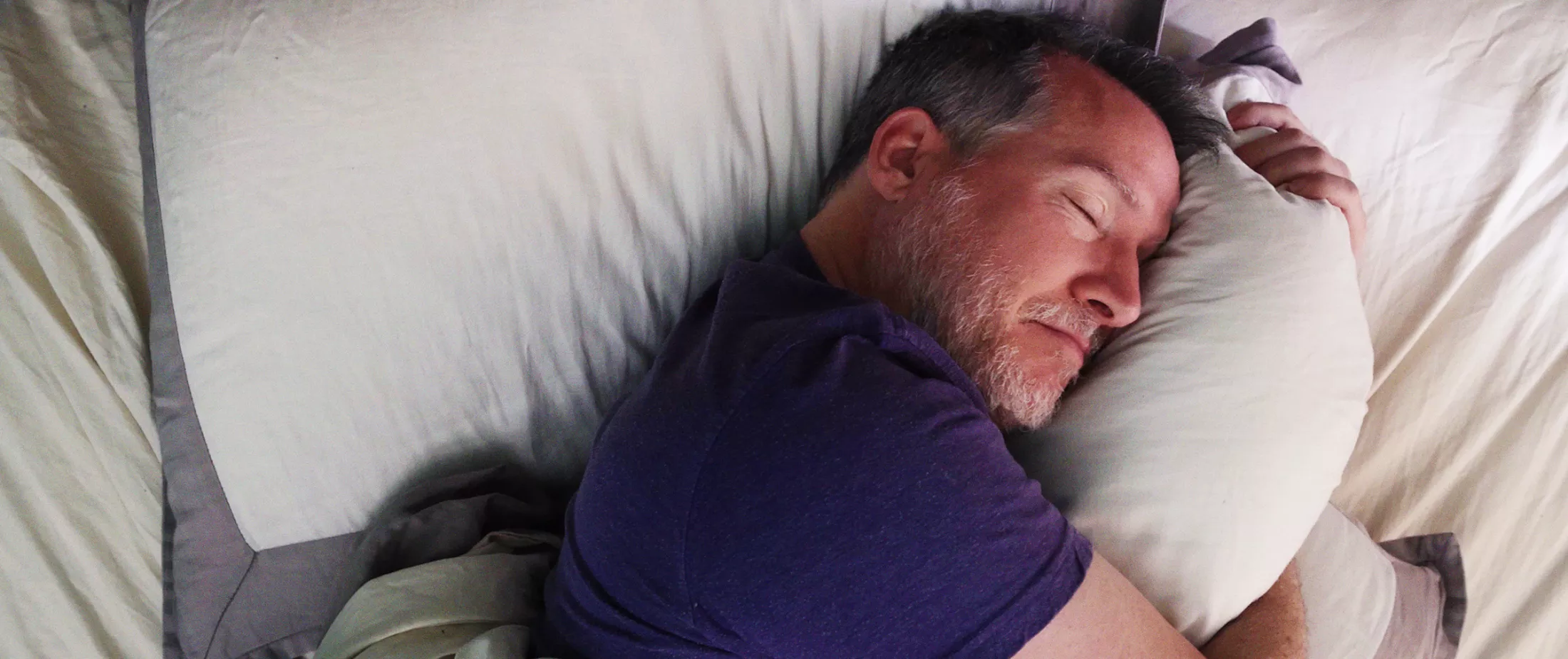
Advanced Treatments
Nationally accredited by the American Academy of Sleep Medicine, our center utilizes the latest and most advanced diagnostic and therapeutic techniques and technologies to evaluate and treat the full range of sleep-wake disorders. Our comprehensive approach to diagnosing sleep-related disorders often begins with a polysomnogram—a detailed, overnight sleep study conducted in our state-of-the-art sleep lab. During this test, our skilled technologists commonly apply painless sensors to various points on the body to monitor brain waves, muscle activity, leg and arm movements, heart rhythm and other vital functions during sleep. In addition to nighttime studies, we also offer daytime assessments, such as the Multiple Sleep Latency Test (MSLT), which helps us evaluate daytime sleepiness by monitoring a series of daytime naps, and the Maintenance of Wakefulness Test (MWT), which assesses an individual’s ability to stay awake during daylight hours.
Once we have an accurate diagnosis of the underlying sleep disorder, we provide a full range of tailored treatments for individual patients which includes the latest technologies, as well as newly emerging and investigative pharmacological therapies. We provide the most advanced treatment for obstructive sleep apnea with state-of-the-art airway devices, such as continuous positive airway pressure (CPAP) devices, bilevel positive airway pressure (BiPAP) devices, and adaptive servo-ventilators (ASV). For sleep-related breathing disorders, we also work closely with otolaryngologists, oro-facial surgeons and dentists to provide surgical and oral appliance options, including neuromodulation, when indicated.
We are committed to providing comprehensive and individualized care to improve our patients’ quality of sleep and life. Some of the services we offer for sleep-wake disorders include the following:
In-laboratory and Portable At-home Sleep Study Monitoring
Polysomnogram
Video-EEG Monitoring
Multiple Sleep Latency Test
Maintenance of Wakefulness Test
Actigraphy
- Drug-induced Sleep Endoscopy
Pharmacologic Treatment
Cognitive Behavioral Therapy
Behavioral Modification
Stimulus Control Therapy
Sleep Restriction Therapy
Relaxation Techniques
Light Therapy
Psychosocial Support
Nutritional Counseling and Vitamin Supplementation
Positive Airway Pressure Therapies
Continuous Positive Airway Pressure (CPAP) Devices
Bilevel Positive Airway Pressure (BiPAP) Devices
Adaptive Servo-Ventilators (ASV)
Dental/Oral Appliances
Neuromodulation
- Surgery for Obstructive Sleep Apnea
Research & Clinical Trials
We bring together investigators who conduct innovative basic, translational and clinical research to advance our understanding and treatment of sleep disorders and improve quality of life, longevity and morbidity. Our division is a resource for the investigation of pharmacologic treatments of excessive sleepiness disorders, such as narcolepsy, idiopathic hypersomnia and residual sleepiness from obstructive sleep apnea. We are also interested in neurological disorders that affect sleep-wake mechanisms—such as REM sleep behavior disorder, which can progress to Parkinson’s disease and other synucleinopathies—and other neurological disorders that affect sleep quality and produce sleep-related breathing disorders.
The main focus of our scientists and researchers is the study of medications that affect alertness by influencing different neurotransmitter systems that stimulate wakefulness. Studies of medications that affect gamma-hydroxybutyrate and monoamines such as dopamine, serotonin, norepinephrine and histamine are evaluated in patients with central disorders of hypersomnia, such as narcolepsy and idiopathic hypersomnia.

Support Services for Narcolepsy
Our counseling services provide individuals and their families with information about narcolepsy and help them develop the skills necessary to cope with the social impact of this condition and to improve quality of life. Support groups are conducted by qualified professionals.
In addition to the services provided at Montefiore Einstein, support groups are conducted by appointment in Manhattan, Brooklyn, Queens and Staten Island. The program also conducts outreach to increase awareness among professionals and consumers about narcolepsy.
Your Division of Sleep Medicine & Chronobiology Team
Our elite multidisciplinary team of renowned adult and pediatric neurologists and clinical psychologists are board-certified sleep specialists at the forefront of sleep-wake disorder care. Consultations in cardiology, psychiatry, pediatrics, dentistry, pulmonology and otolaryngology (ear, nose and throat) are also available, as needed. From prevention to treatment options, we will propose an individualized treatment plan that fits your needs and lifestyle.
Michael J. Thorpy, MD
Kristina M. Maselli, MD
Renee S. Monderer, MD
About Sleep-Wake Disorders
Sleep disorders are a disruption in an individual’s sleep quality, timing and duration of sleep hours. These sleep pattern conditions negatively impact overall health. Examples of sleep disorders include insomnia, narcolepsy, restless leg syndrome (RLS) and sleep apnea.
Sleep-related difficulties affect many people. The following is a description of some of the major sleep disorders. If you or someone you know is experiencing any of the following, it is important to receive an evaluation by a healthcare provider or, if necessary, a provider specializing in sleep medicine.



